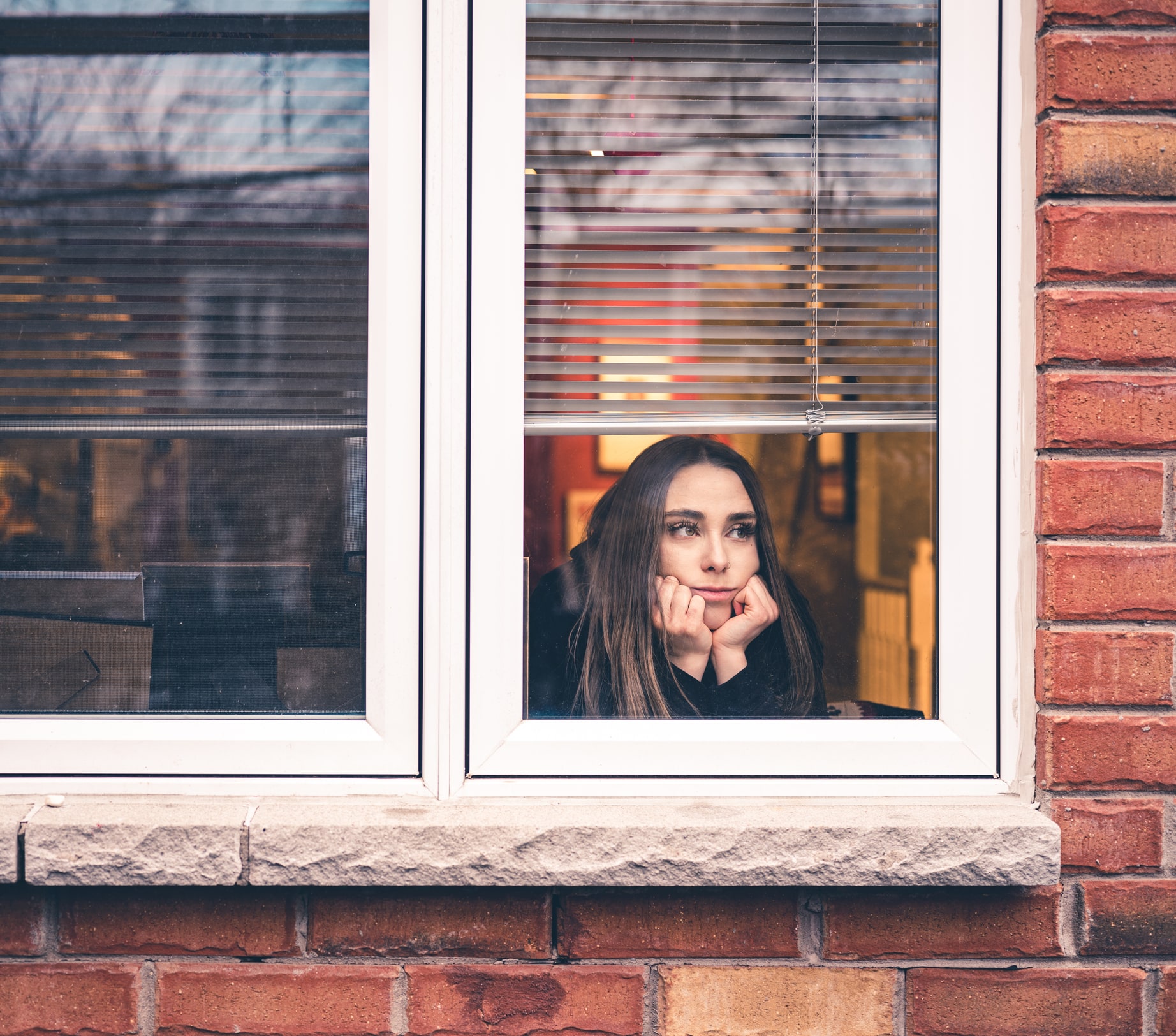Can Isolation During a Pandemic Lead to Depression?

May 05, 2020
By: Larry Ginsberg
Isolation, by its nature, gives us ample time to think. However, for some too much idle time can have negative consequences. This may be particularly enhanced during social distancing due to the coronavirus pandemic and ultimately may turn into feelings of depression.
Social interactions and activities are vital to maintain mental health and an overall sense of well-being. As a society, we are all currently challenged with isolation, and to some degree anxiety and fear are appropriate responses. However, with these negative feelings may come a more serious mental health problem; depression. Feelings of being alone, helpless, hopeless, and having concerns that something bad will happen are common symptoms of depression.
The coronavirus pandemic has all the ingredients to heighten negative feelings and concerns. From constant news stories about the spread of the virus and death, to economic hardships such as loss of jobs and income, it is easy to get mentally exhausted and only worry about the future of ourselves and our loved ones.
When to Worry About Sadness
According to Abdul Kazi, M.D., chief of Adult Acute Care at Hackensack Meridian Carrier Clinic, “Every feeling of sadness is not depression, but when sadness, negative feelings and mood, or fear and dread persists for an extended period of days or weeks, it may be an indication of clinical depression and time to seek care.”
Physical signs of depression include:
- Changes in appetite
- Changes in sleep pattern
- Inability to concentrate
- Restlessness
- Loss or diminished interest in normal pleasures of life
- Fear of something bad happening to you or loved ones
“Humans are social creatures and we need routines, activities, and interactions to maintain a positive sense of mental health. The coronavirus pandemic has removed the opportunity for spending time with extended family, watching or participating in most sports and hobbies, socializing and visiting with friends, and many other things that bring us joy,” says Dr. Kazi. “We are in unnatural circumstances and feelings of depression will be common for many people now, and in the future.”
Beating Those Feelings of Despair
Get the upper hand on feelings of depression and remain positive and engaged with these tips:
- Stay on a regular schedule. Get up at the same time, shower, dress for the day, even if you are wearing casual clothing.
- Exercise regularly. Walk when you can, take advantage of free online workouts, stretch, climb stairs, and even improvise with household items you can use as weights, like water jugs.
- Stay in touch with family friends. Chat on the phone or virtually on a computer or mobile device.
- Distract yourself from negative thoughts. Read a book, do a jigsaw or crossword puzzle, write in a journal, draw or paint, or dive into a hobby you can do while home.
- Try relation techniques like meditation or yoga. There are many apps and online videos available that are great for beginners.
- Connect with activities related to spirituality. Many groups have online resources, including churches, temples and various multi-denominational religious groups.
When to Seek Care
If you believe you may be experiencing depression, it is important to reach out for help and contact your medical provider for an evaluation. Many physicians now offer virtual visits, and services like Hackensack Meridian Urgent Care with Behavioral Health offers walk-in services to treat short term outpatient mental health issues such as anxiety, depression, mood disorders, and behavioral issues. (This is not a replacement for your psychiatrist, psychologist or therapist, but a team of experts who can get you on the road to recovery faster.)
If you or someone you know has thoughts of harming themselves, call your local hospital’s crisis line for immediate assistance.
The material provided through HealthU is intended to be used as general information only and should not replace the advice of your physician. Always consult your physician for individual care.
Find a doctor near me
7 Ways to Stimulate Brain Health During a Lockdown

Periods of stress can affect many areas of brain function, including memory, attention, thinking, mood (including anxiety and depression) and sleep,
What If I Like Being Quarantined?

Adjusting to life outside quarantine? Learn coping strategies for anxiety and stress from Dr. Mishra. Manage your return to normalcy. Schedule your wellness visit today.
Find a doctor near me

Feel Pandemic Guilt? You’re Not Alone. Here’s How to Overcome It.
The coronavirus pandemic has stirred a variety of emotions and feelings within everyone.

Drugs & Alcohol Are No Way to Cope
Heightened anxiety can manifest itself in a variety of harmful behaviors, not least among them the increased use of drugs and alcohol.

How to Quit Smoking and Why
Quit smoking now. Learn effective methods and get support to improve your health. Dr. Gutierrez offers advice and tips for quitting.

Reduce Your Fear of Needles
A fear of needles can seem debilitating. Here are some tips to help overcome the phobia.
